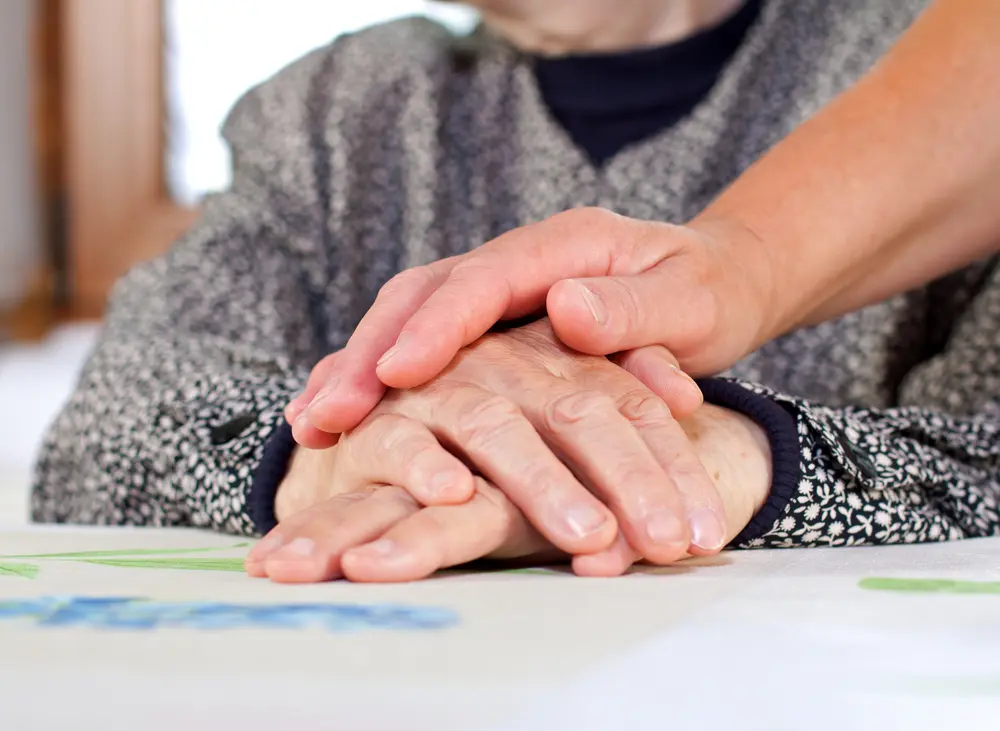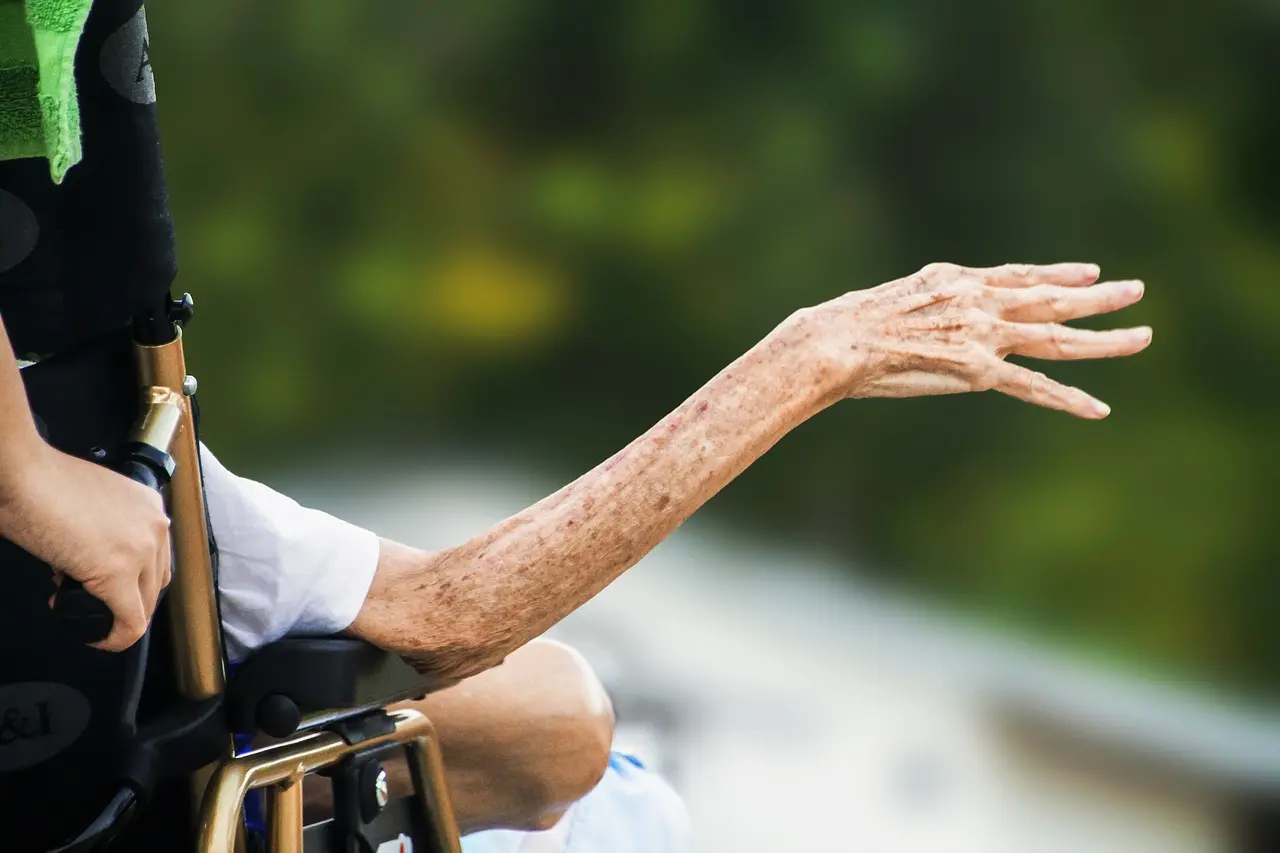By speaking to your family, friends and employer about your Alzheimer’s diagnosis, you can prepare for the future
Receiving a diagnosis of Alzheimer’s disease is a difficult time for anyone. This condition – the most common form of dementia – will change your life over time.
But, by speaking to your family, friends and employer about your diagnosis, you can prepare for the future, find additional support and clearly explain your care preferences before the condition develops further.
Thinking about the conversation
First of all, it’s important to let go of any notion of blame or responsibility.
Alzheimer’s isn’t your fault, and you’re about to start taking positive steps that will enhance your life. It’s natural to feel discomfort about the conversation at this early stage.
Keeping your diagnosis secret cuts you off from your support network. But, by introducing friends and family to the condition and how it affects you, they will be able to better understand your needs. If you are still working, you will also need to include your employer in these conversations.
Some relationships may be tested as people come to terms with your diagnosis, but most will be strengthened.
This conversation is also a good time to talk about how you would like your affairs arranged later on. Think about your will, and who you trust to take on Power of Attorney status when the time comes.
Arranging the conversation
Do you want to just tell close friends and family about your diagnosis, a wider network, or start with one group and move on to the other later?
Try to arrange the conversation soon after you’ve come to terms with your diagnosis. Arrange a time when you can all sit quietly and talk. Try to avoid social family occasions as it can be harder to get your message across.
Find a comfortable, familiar and private spot to host the conversation. It might be your home, a relative’s or a beloved location – like a quiet corner of a park.
Don’t feel like you have to say everything in this one sitting; it’s best to keep the dialogue open.
Holding the conversation
Expect different reactions from your loved ones. Some may not want to accept your diagnosis at first, while others might immediately offer help.
Start by explaining the context of your diagnosis; why you went for a check-up and what you were told by the doctor. You may also want to talk more about your understanding of the condition.
Reassure your loved ones that the things that brought you close are still intact. Tell your friends and family what they mean to you, and how their support will become even more valuable as time goes on.
If they feel uncomfortable or confused, there are plenty of independent information sources (e.g. the NHS, and dementia charities) they can turn to for an education about what a diagnosis of Alzheimer’s disease means.
Don’t feel the need to ask for help right now. Allow some thinking time and they might well make the offer themselves. If you are offered extra support, don’t decline it. Helping you may be part of their coping mechanism.
If help is offered, you can explain to them what type of help you feel would be most valuable; practical assistance, or just emotional support.
A diagnosis of Alzheimer’s disease is a life-changing experience, but with the support of your friends, family and employer, you can look forward to many more enjoyable years of the life you know.
If you would like to learn more about how The Good Care Group can help people with Alzheimer’s live with independence and dignity in their own homes, call on our friendly team today.



